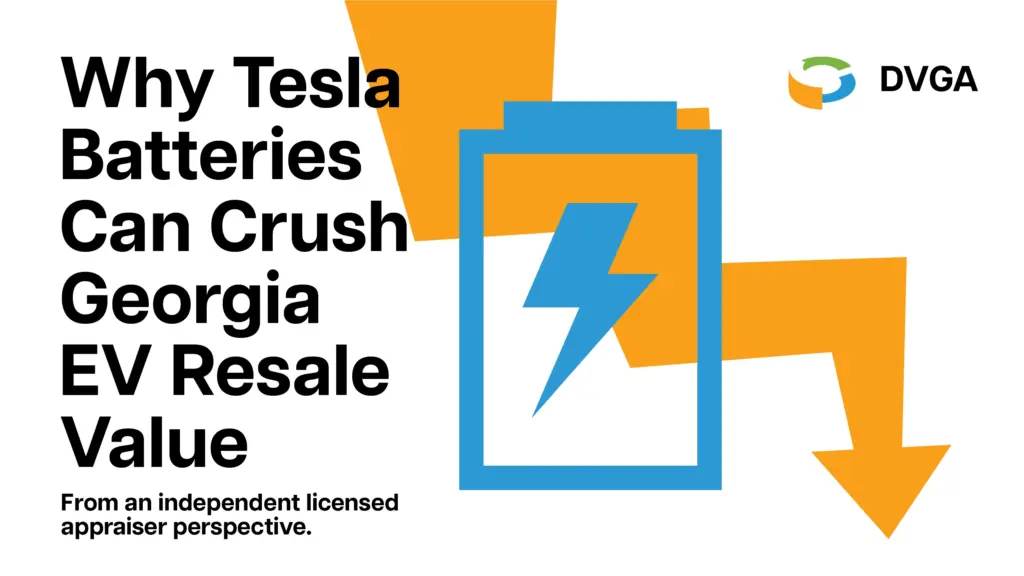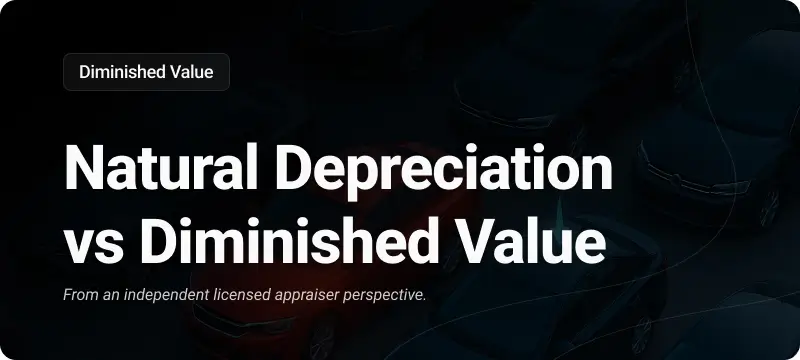
Georgia’s EV Boom Meets Tesla’s Battery Revolution
Georgia has emerged as a national leader in EV adoption, fueled by Hyundai’s $7.6 billion Metaplant near Savannah and Tesla’s dominance in the luxury EV market 16. However, Tesla’s shift to advanced lithium-iron phosphate (LFP) batteries in 2025—praised for longevity and fire resistance—has unintended consequences for Georgia owners. While these batteries power Georgia Power’s 500MW/2,000MHz grid storage projects 1012, they’re creating a resale value crisis for everyday drivers.

How about letting our team get you the best value for your insurance claim?
- Discover your car’s true value
- No payment upfront
- Vehicle history report
1. Tesla’s LFP Battery Tech: A Double-Edged Sword
Tesla’s 2025 Model Y and refreshed vehicles now use LFP batteries, which are cheaper to produce and safer than traditional lithium-ion cells. However, their proprietary design complicates repairs:
- Limited Repair Networks: Only 3 Tesla-certified collision centers exist in Georgia, forcing owners to wait weeks for parts.
- Costly Replacements: HV battery repairs average $15,000+ due to Tesla’s strict “all-or-nothing” replacement policy.
- Software Lockouts: Third-party repairs often void warranties, scaring off future buyers.
Result: A 2023 Tesla Model S with post-repair battery damage lost $8,200 in resale value, according to DVGA appraisal data 4.
The average diminished value amount is $6,200. We can help you get what you deserve.
2. Georgia’s Insurance Loophole: The 17C Formula Trap
Georgia’s 17C insurance formula caps diminished value payouts at 10% of a vehicle’s value, leaving Tesla owners drastically undercompensated for battery-related depreciation. For example:
- A 70,000 Model Y with a repaired battery may receive only 7,000, despite losing $21,000 in resale value.
- Insurers argue LFP batteries “degrade slower,” ignoring repair stigma’s impact on buyer psychology.
Key Insight: More than 90% of Georgia Tesla owners who fought lowball offers succeeded only after submitting USPAP-compliant appraisals.
GET MORE MONEY FROM THE INSURER
Don’t leave money on the table! Order a FREE Claim Review and discover your car’s true value.
3. EV Repair Stigma: The Silent Resale Killer
Even minor battery repairs trigger buyer distrust.
- Perceived Risk: 68% of Georgia used-car buyers avoid EVs with battery repair history, fearing hidden defects.
- Data-Driven Losses: DVGA reports show repaired Teslas sell 15–30% below market value—double the depreciation of gas-powered cars.
Case Study: A Decatur, GA, Model 3 owner received $4,200 for battery-related diminished value (vs. the insurer’s initial $300 offer) after providing a USPAP report.
Not sure if the insurance offer is fair? Get a Free Claim review from our experts!

4. How Georgia Tesla Owners Can Fight Back
Step 1: Demand a USPAP-Compliant Appraisal
DVGA’s $275 desk appraisal document:
- Battery repair quality (e.g., aftermarket parts, weld integrity).
- Pre- vs. post-repair market value gaps.
- Local comparables (e.g., Atlanta vs. Savannah resale trends).
Step 2: Leverage Georgia’s Clean Energy Policies
- Cite Tesla’s 20-year battery efficiency guarantees to counter lowball offers.
- Reference Georgia Power’s LFP battery investments 1012 to prove Tesla’s tech is reputable but repair-sensitive.
Step 3: Negotiate Early
- Submit appraisal reports before accepting insurance settlements.
- Use Georgia’s status as an EV hub 16 to argue for fair compensation.
5. The Future of Tesla Resale Values in Georgia
- Solid-State Batteries: While not yet commercialized, Tesla’s rumored 2026 shift to solid-state tech 7 could worsen repair stigma for older LFP models.
- Rivian’s Shadow: Georgia’s paused $5B Rivian plant 16 may reduce Tesla’s local dominance, intensifying resale competition.
“Don’t let battery repairs steal your Tesla’s value. Get a free diminished value appraisal from Georgia’s #1 USPAP-certified experts → Recover thousands in 48 hours.”



